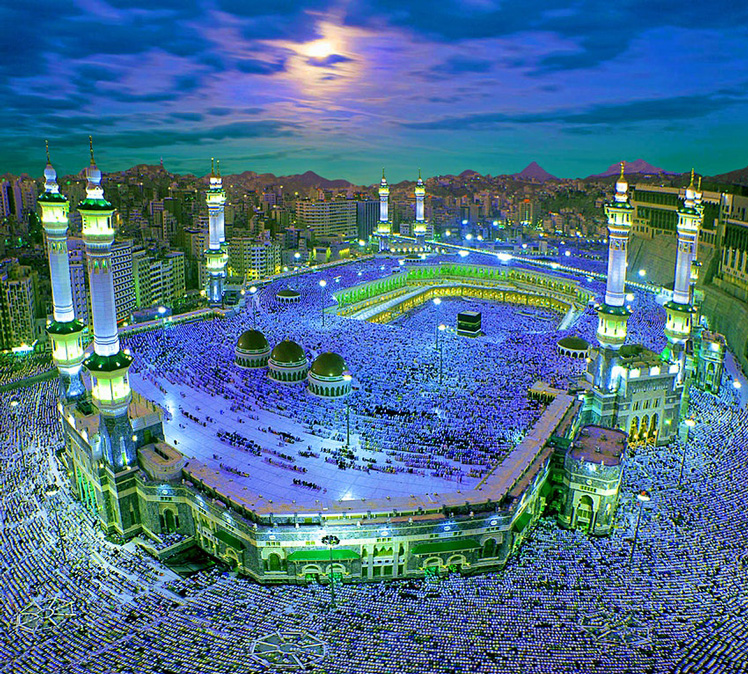
Will there be a Hajj in 2021?
TripFalcon January 26, 2021
Last Update: 2021-01-26 11:58:57The question many Muslims will be asking this year is "will there be a Hajj in 2021?" This is following 2020's cancellation of Islam’s most important religious pilgrimage for the first time in the Kingdom of Saudi Arabia’s history, due to the global COVID-19 pandemic.
The Hajj is regarded by most Muslims as one of the five essential pillars of their faith and performing it an obligation for everyone whose health and wealth allows them to do so. The Hajj involves carrying out a set of prescribed ancient rites over the course of five specific dates in the twelfth Islamic month of Dhu al Hijjah. These are performed in and around the holy city of Mecca in Saudi Arabia, and in 2021 the Hajj is likely to start on July 17 (dependent on moon sighting as the Islamic calendar is a lunar one).
Last year in response to the pandemic, Saudi Arabia suspended all Umrah pilgrimages from March. The Umrah, known as the "mini Hajj", can be performed all year round but is not an obligation. The international pilgrim ban remained in place through the days of Hajj in 2020, which meant the Hajj was “cancelled” for all but a privileged 1000 or so domestic pilgrims who were able to perform the rites following strict COVID protocols.

The Hajj draws huge numbers each year, with nearly 2.5 million pilgrims in 2019 © prmustafa / Getty Images
The first foreign Umrah pilgrims arrived in November and barring a two week pause in response to new COVID-19 strains, they have been successfully performing the smaller pilgrimage by adhering to strict measures that have been put in place. These include having to quarantine for up to seven days before departure – longer for those coming from countries with new strains; provide proof of a negative COVID-19 test taken within 72 hours of leaving; have their temperatures checked on arrival, and quarantine for a further three days inside the Kingdom before starting their pilgrimage. Strict rules are also in place to maintain social distancing whilst performing the rites and during prayer.
The Hajj Ministry claims since November it has received five million Umrah pilgrims without a single positive COVID-19 case, so the measures appear to be working.
Now with a number of vaccines becoming available, it is hoped the Hajj will go ahead in July 2021. If it does, most observers believe as well as the protocols already in place, potential Hajjis will probably have to get a COVID-19 vaccination, though this is yet to be confirmed.
Those hoping to perform the Hajj in 2021 should allow ample time to arrange their COVID-19 immunization and expect all, if not most of the current measures in place for Umrah pilgrims to remain. It would also be sensible to register interest early with a Hajj agent as each country is expecting far fewer Hajj visas to be allocated in 2021 than in previous years. At the last pre-COVID Hajj, which I was lucky enough to attend and write about for Lonely Planet, 2.5 million people performed the Hajj together; numbers we are unlikely to see for quite some time.

